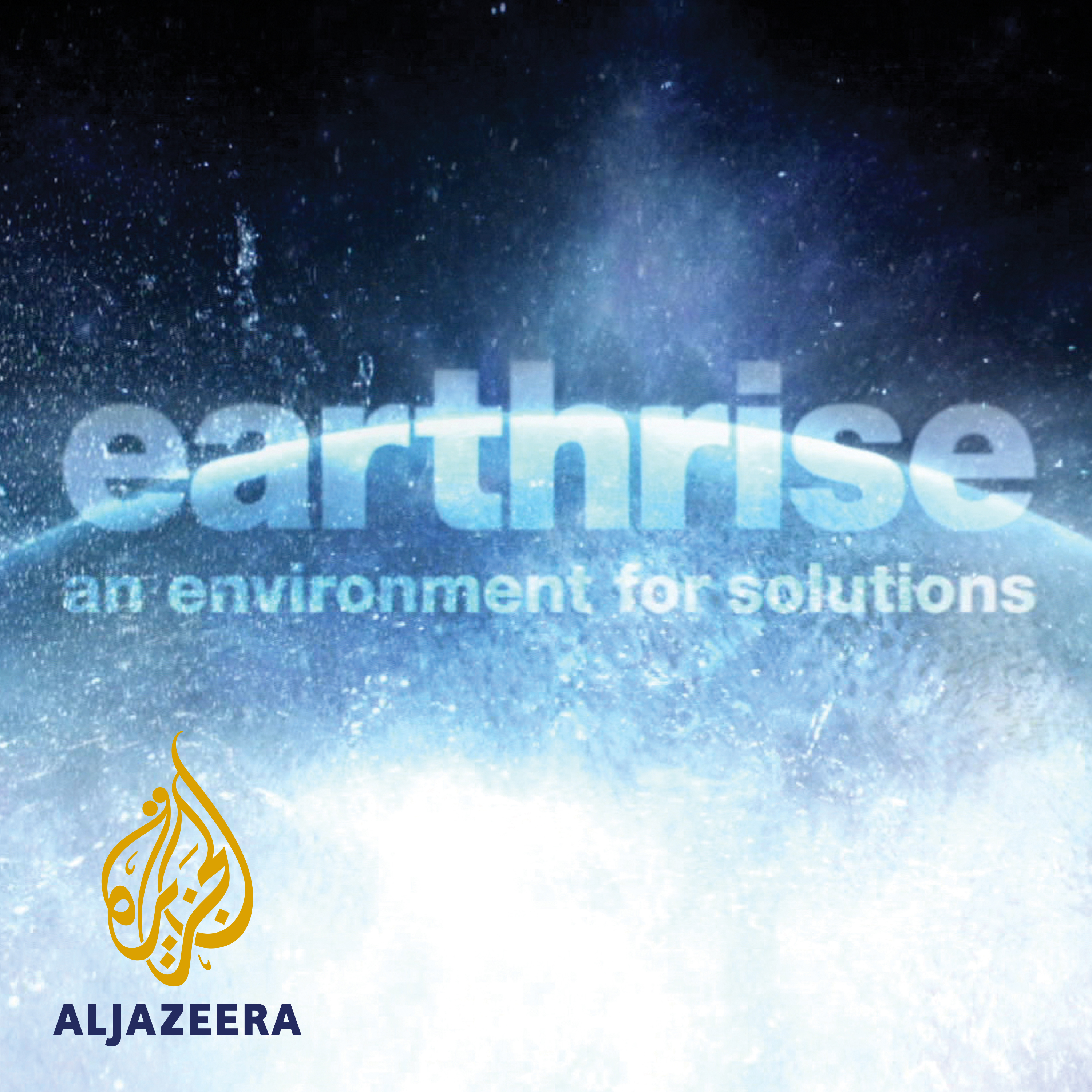Saving Ecuador's Cerro Blanco - earthrise (lead)
Description
On the outskirts of Ecuador's port city of Guayaquil lies the Cerro Blanco reserve, one of the last remaining dry forests in the country. Dry forests are named as such due to the ability of the vegetation to survive long periods without rain using natural water conservation methods.
Cerro Blanco is threatened by a host of natural causes and human activity, including an expanding city that means people who cannot afford to live centrally are edging closer to the forest.
The reserve's chief ranger, Eleutario de la Cruz, tells of the increasing issues related to an ever-encroaching city population plus the dangers of land trafficking, illegal logging and hunting. With a limited number of rangers on patrol at any given time and loggers/poachers with weapons in the area, the situation is critical.
"We only have rangers here or over there and when the rangers leave the forest and go home, the forest is free for foraging," says de la Cruz. "They find an opportunity to enter the forest. They take advantage, find the tree they want and they take it away... they are armed and we do not carry guns."
Engineer Topher White has developed a surveillance system made from recycled technology that could help protect the forest and its endangered wildlife. Consisting of mobile phones, external microphones and recycled solar panel shards, the system allows rangers to listen in on the forest without having to take on the near impossible task of walking around and patrolling the entire vicinity.
"We can listen to the forest and pick out all sorts of stuff, like chainsaws or gunshots or even just animal noises. So even these birds here; we can start to identify them every time they make a noise," says White.
Juliana Schatz learns more about the Rainforest Connection as a means to end the threat to one of Ecuador's last surviving dry forests.
- Subscribe to our channel: http://aje.io/AJSubscribe
- Follow us on Twitter: https://twitter.com/AJEnglish
- Find us on Facebook: https://www.facebook.com/aljazeera
- Check our website: http://www.aljazeera.com/
More Episodes
Bangladesh has one of the largest number of solar home systems in the world, reaching over 20 million people. Thirty percent of the electricity these generate is wasted each year, while over six million people in the country have no access to power.
A dynamic startup called SolShare has...
Published 06/12/21
Being in tune with nature used to be instinctive for all humans. It was a matter of survival. But over the centuries, as we urbanised and industrialised, the connection has become weaker.
But Indigenous communities around the world have not forgotten what it means to live in harmony with Earth....
Published 05/19/21
As populations grow and incomes rise, we are eating more and more meat and dairy. Intensive livestock farming, however, requires huge amounts of resources and is highly polluting. Yet, animal protein is essential to the 1.3 billion people who depend on livestock to survive.
So, what is the...
Published 05/12/21


